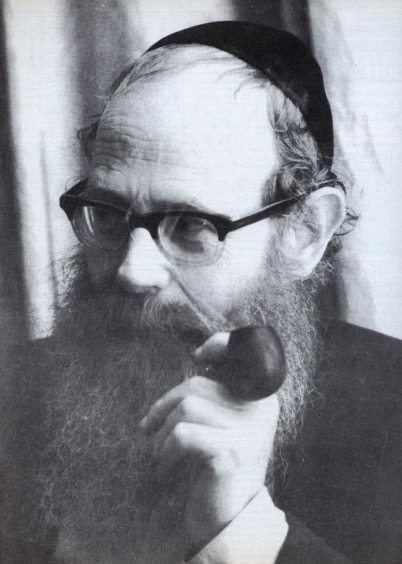All human attempts to attain closeness to God through the effort of man himself are, by their very nature, doomed to failure.
For how can man, who is essentially a limited and finite being, transcend the bounds of his existence?
How can man, even at the pinnacle of spiritual exaltation, come in contact with what is inaccessible, the Holy and Separate One?
All the experiences reflective of man’s uplift in love and fear of God, his keeping far from the material world and its attainments, still do not bring man close to God.
Man thinks that divinity is found in the spiritual realm.
Hence, he makes an effort to renounce material life and divest from the physical.
He aims for nullification of the natural instincts.
In reality, however, God is high and exalted above everything.
Even the highest spirituality – just like the lowest corporeality – is as naught compared to His infinite greatness.
Even if man ascends to the highest levels attainable to him (and man is capable, potentially, of reaching levels higher than angels and seraphs), he remains far and removed from God.
The infinite gulf that necessarily separates man from God – the gap between a limited creature who, despite his majesty, always remains bounded and the separate and infinite Being – cannot be bridged by man.
In spite of all his efforts in his human way, man can never be truly close, nor even “closer,” to God.
Thus, the way to God seems impassable.
No human being, whoever he may be, can overcome all the obstacles, all the limitations of man – an essentially limited creature – and actually reach divinity, the transcendent Being.
The desire and will on the “part of God from on high” within us is to ascend to God, but there is no way we can do this on our own.
This is the significance and the role of the Giving of the Torah.
Since we human beings cannot, through our own efforts, reach divinity, God Himself, in His infinite love and goodness brings Himself down to us in order to fulfill the original intention of Creation.
–Rabbi Adin Steinsaltz

